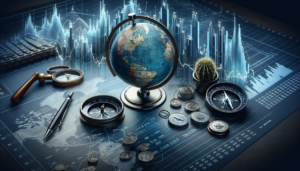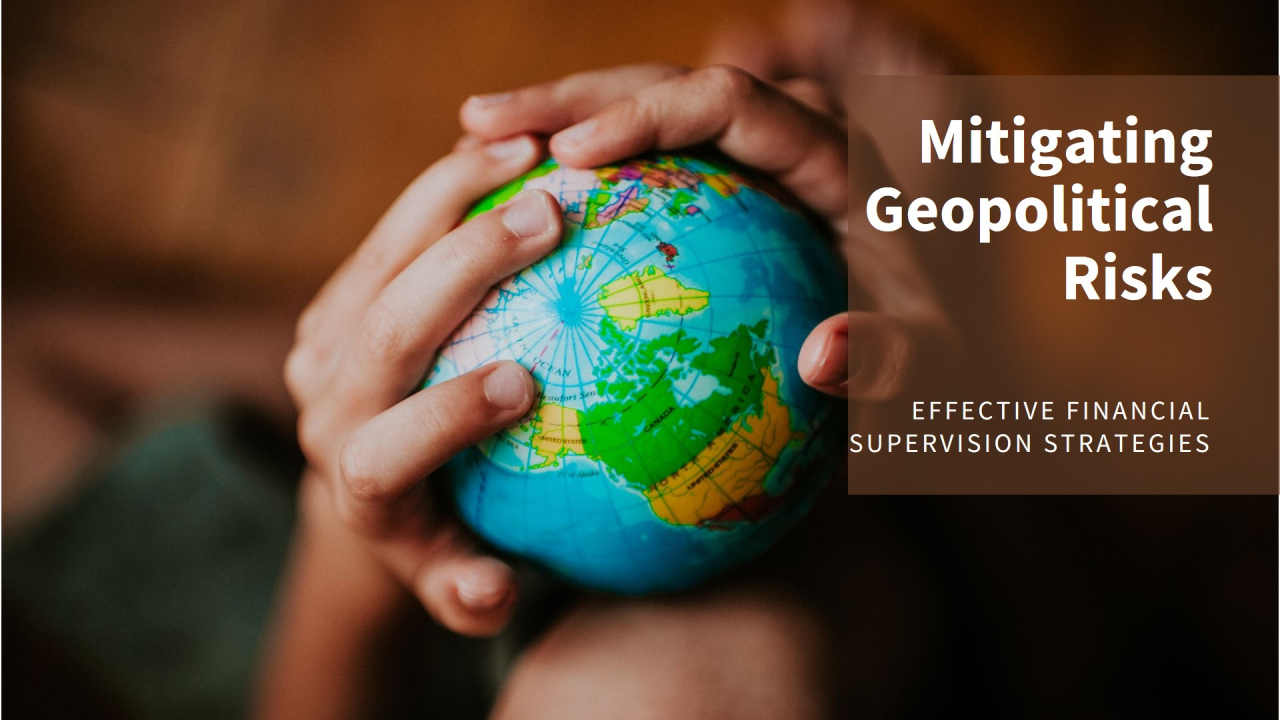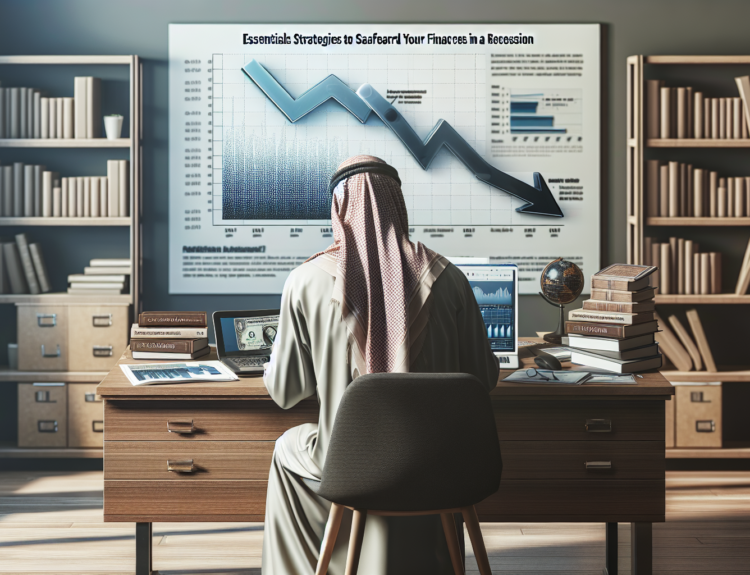Escalating Geopolitical Risks: Understanding the Global Turmoil and Its Impact
In recent years, the world has witnessed an alarming increase in geopolitical risks, which are now at an all-time high. As tensions rise between major nations and regional conflicts become more frequent, understanding the implications of these risks on global markets and the economy is crucial for investors and policymakers alike. In this article, we will explore the factors contributing to these escalations, their potential consequences, and strategies to navigate this ever-changing landscape.
What Are Geopolitical Risks?
Geopolitical risks refer to uncertainties and potential conflicts that arise from political actions, international relations, and territorial disputes. These risks can have far-reaching consequences, affecting everything from global trade to financial markets. The rise of nationalism, trade wars, and military tensions are just a few examples of how geopolitical dynamics can impact the global economy.
Key Factors Contributing to Rising Geopolitical Risks
- Nationalism and Populism:
Around the world, many countries are experiencing a rise in nationalism and populism. Leaders are prioritizing national interests over global cooperation, leading to protectionist policies and strained diplomatic relations. - Power Struggles Among Major Nations:
The United States, China, and Russia are engaged in a complex power struggle that is shaping international relations. Trade tensions, military posturing in contested areas, and cyber warfare are all manifestations of this struggle. - Regional Conflicts:
Ongoing conflicts in regions like the Middle East, Eastern Europe, and the South China Sea contribute to global instability. The humanitarian crises and refugee movements stemming from these conflicts pose additional challenges. - Climate Change and Resource Scarcity:
As climate change exacerbates resource scarcity, nations may enter into disputes over water, energy, and agricultural resources. These disputes can escalate tensions and lead to conflict.

Impact of Escalating Geopolitical Risks on Global Markets
The ramifications of heightened geopolitical risks can be felt across various sectors of the economy. Here are some key areas affected:
1. Financial Markets:
Geopolitical tensions can lead to increased volatility in stock markets, as investors react to news and developments. For example, the stock market may experience sharp declines following news of military conflicts or trade disputes. According to a recent survey, over 70% of investors believe that geopolitical risks are a significant factor influencing their investment strategies.
2. Trade:
Escalating geopolitical risks often lead to trade sanctions and tariffs, disrupting global supply chains. For instance, the U.S.-China trade war resulted in increased costs for businesses and consumers, ultimately affecting economic growth. In a report by the World Bank, it was estimated that a prolonged trade conflict could reduce global GDP by 0.5% annually.
3. Commodities:
The prices of essential commodities such as oil and gold often fluctuate in response to geopolitical events. For instance, crude oil prices surged during Middle Eastern conflicts due to concerns over supply disruptions. Investors frequently turn to gold as a “safe haven” in times of uncertainty.
4. Investor Sentiment:
Geopolitical risks can also shape investor sentiment, with many choosing to adopt a risk-averse strategy during periods of heightened tension. This shift can lead to capital flight and reduced levels of investment in affected regions.
Strategies for Navigating Geopolitical Risks
Given the potential for escalating geopolitical risks to impact investments, here are some strategies to consider:
 1. Diversification:
1. Diversification:
Investing in a diversified portfolio can help mitigate risks associated with geopolitical tensions. By spreading investments across different asset classes and geographical regions, investors can reduce their exposure to any single risk.
2. Staying Informed:
Keeping abreast of global news and analysis can help investors anticipate potential risks and make informed decisions. Subscribing to reputable financial news sources and analysis platforms can provide valuable insights.
3. Considering Alternative Investments:
Strategies such as investing in commodities like gold or emerging markets may provide a hedge against geopolitical risks. Precious metals often outperform during times of crisis, while emerging markets can present growth opportunities.
4. Engaging with Experts:
Consulting with financial advisors and geopolitical analysts can help investors navigate complex scenarios and enhance strategic decision-making.
Conclusion
As geopolitical risks continue to escalate, understanding their implications and adopting proactive strategies becomes increasingly important. While the uncertainty may seem daunting, informed investors can navigate these complexities and seize opportunities that arise from shifting global dynamics. By staying aware of key developments and utilizing sound investment strategies, individuals can minimize the potential impacts of escalating geopolitical risks on their portfolios.
Related Tags: #GeopoliticalRisks #GlobalEconomy #InvestmentStrategies #MarketVolatility #FinancialPlanning
Category: Finance, Economics, International Relations
CTA: Stay informed on the latest geopolitical developments and their effects on the financial landscape by subscribing to our newsletter today!



